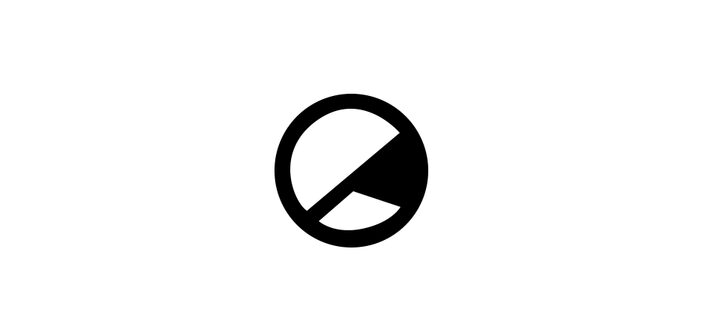When examining presentations of war in various medias, it becomes clear that the same books, films and poems are in perpetual circulation, mainly depicting the World Wars of the twentieth century. Prominent examples include films such as ‘The Boy in Striped Pyjamas’, poets such as Wilfred Owen and books like ‘Goodnight Mister Tom’. Although these are undeniably masterpieces which have served their purpose well, they only represent a microcosm of the bigger picture. Furthermore, the repetitive consumption of the same adaptations renders a seemingly stagnant concept, trapped in a fictionalised past.
As a result of this, modern adaptations of war are becoming crucially important when seeking to spread awareness of the atrocities of war and alert the public to the sacrifices made both in the past and on a daily basis.
The hit BBC show ‘Our Girl’ embodies the characteristics of a modern adaptation of war, as it provides a fresh and modern perspective, laced with relatable characters and relationships that hammer home the tragedy and barbaric nature of war. Personally, I haven’t seen one episode that hasn’t made me cry. It sustained a balance between ruthlessly killing off likable characters in order to depict gritty realism, and securing the viewer’s emotional investment with the heart-warming albeit wholly romanticised presentation of the army as a surrogate family of sorts. In general, the show had a good response and succeeded in offering a modern expression of war.
Streaming platforms such as Netflix have brought various war documentaries to the forefront of public recognition, educating post-war generations about the plight of their ancestors. These programmes include ‘The Accountant of Auschwitz’, which shows the trial of a former SS officer, and ‘World War II in Colour’, which details the progression of the war with unseen and rare footage. ‘The Accountant of Auschwitz’ details an individual case within the wider context of the holocaust, putting a more personal spin on the vast atrocity. In contrast, ‘World War II in Colour’ addresses the war in a more general sense; the use of colour footage increases the impact of the content and makes it more watchable. These streaming platforms have contributed to the sustainment of public interest, particularly among younger generations, ensuring that the tragic events are not forgotten. War as a concept must be addressed, and the actions of others whether heroic or the opposite must be acknowledged.
That said, there is a danger that modern media is liable to glorify or romanticise war, presenting it as exciting to the point where it becomes appealing. If conducted carefully, TV shows can be used to combat the desensitisation of war and ensure that it is rightfully regarded as undesirable and something to be avoided at all costs. The number of war stories worthy of dramatisation is limitless, and it is important to ensure that such a pressing issue does not slip beneath the radar or become ‘irrelevant’.
Our Girl is available to stream on BBC iPlayer now. Check out the trailer for the series below:




